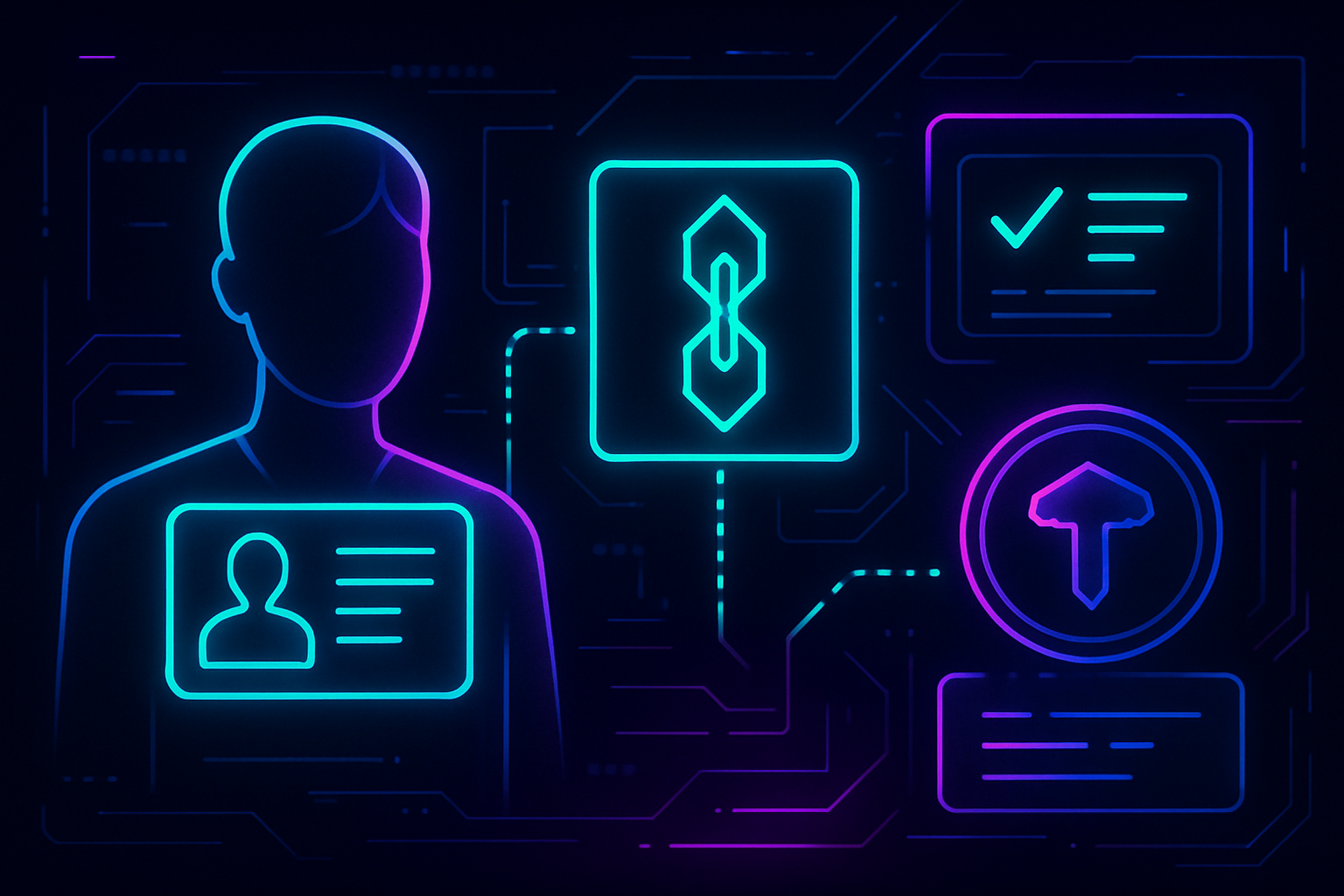
As Web3 matures, token sales are under increasing regulatory scrutiny, and Know Your Customer (KYC) compliance is no longer optional. However, traditional KYC approaches often clash with the ethos of decentralization and user privacy that defines blockchain ecosystems. This tension has led to a new paradigm: onchain attestations for KYC. These cryptographic proofs, recorded directly on-chain, are transforming how projects verify and manage identity without sacrificing user sovereignty or data protection.
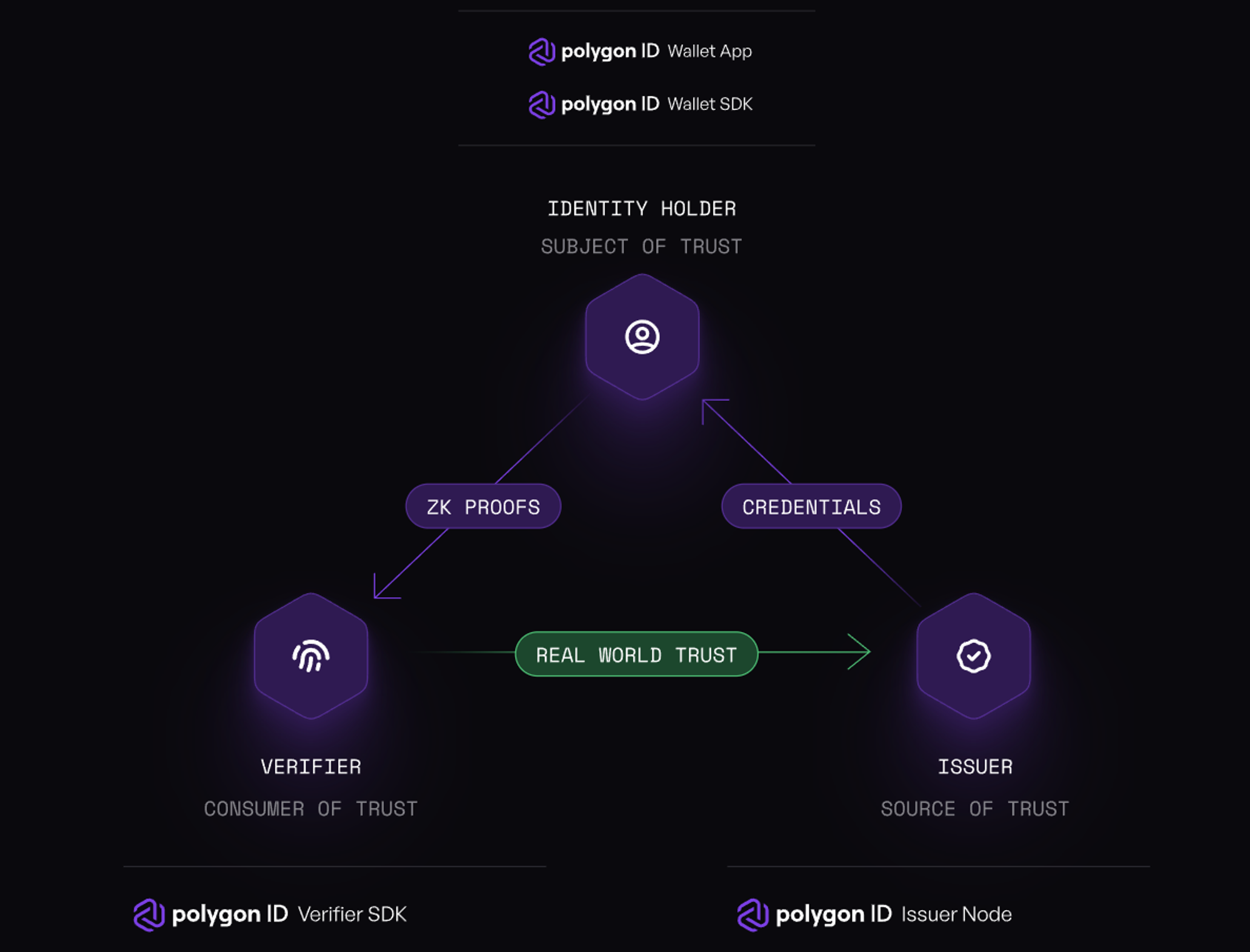
Why Onchain Attestations Are a Game Changer for Token Sale Identity Verification
Onchain attestations address the fundamental challenges of KYC in decentralized environments. Instead of storing sensitive documents or personal information within project databases, platforms can now rely on verifiable credentials issued by trusted third parties. This shift not only reduces the risk of data breaches but also aligns with emerging privacy regulations worldwide.
The core value proposition lies in privacy-preserving compliance. Solutions like Blockpass’s On-Chain KYC® 2.0 leverage zero-knowledge proofs to confirm compliance status without revealing underlying data. For token sale participants, this means they can prove eligibility without handing over passports or utility bills to every project they engage with. For projects, it means streamlined onboarding and demonstrable adherence to global standards.
Key Advantages: Privacy, Efficiency, and Interoperability
Top 5 Benefits of Onchain Attestations for Web3 KYC
-
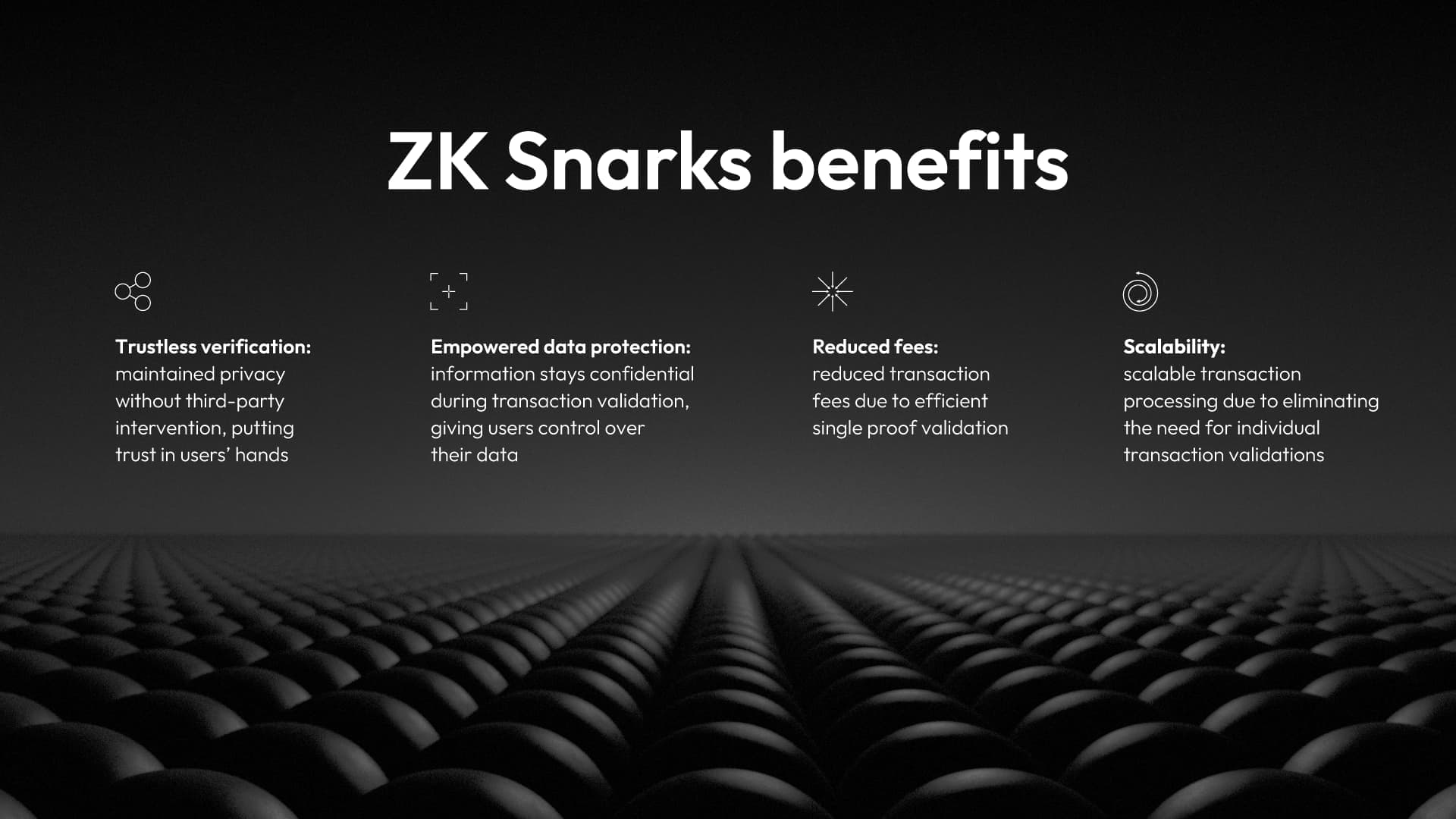
Privacy Preservation: Onchain attestations leverage zero-knowledge proofs, enabling platforms to verify user compliance without exposing sensitive personal data. This approach keeps user information confidential while satisfying regulatory demands. Learn more at 0xkyc.id
-
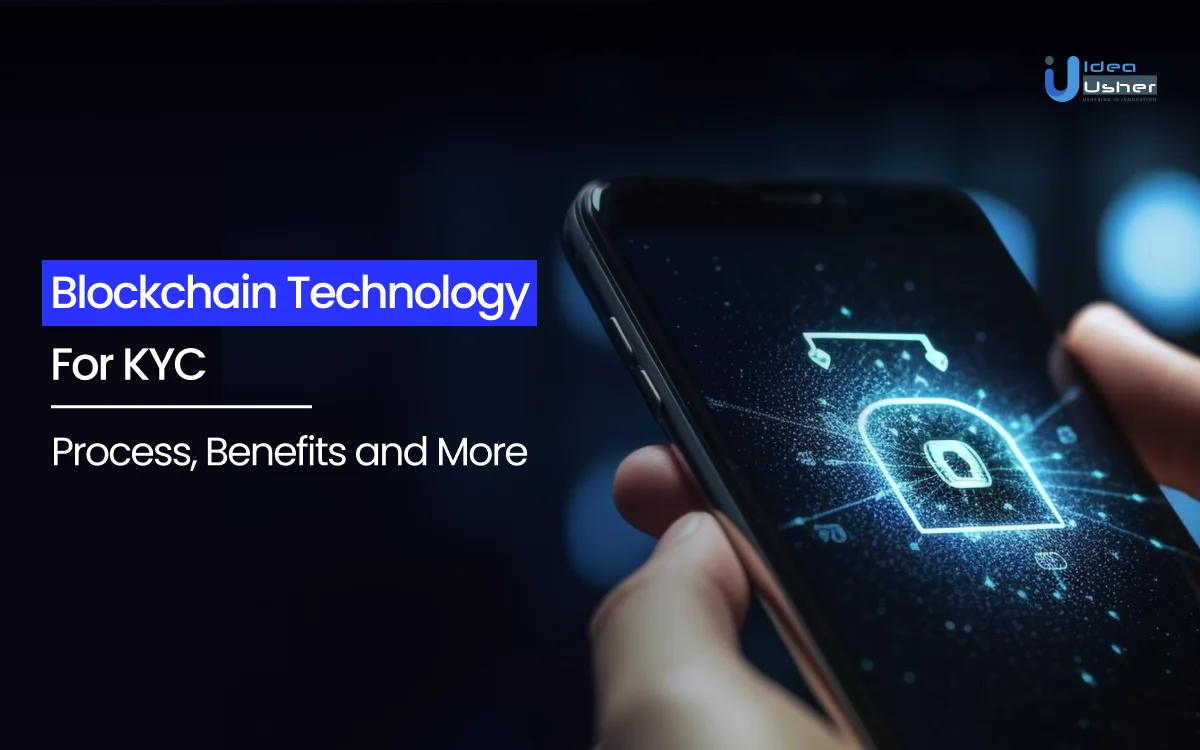
Interoperability and Reusability: Once issued, onchain attestations can be reused across multiple Web3 platforms, eliminating redundant KYC checks and fostering a seamless, unified user experience. See Blockpass On-Chain KYC® 2.0
-
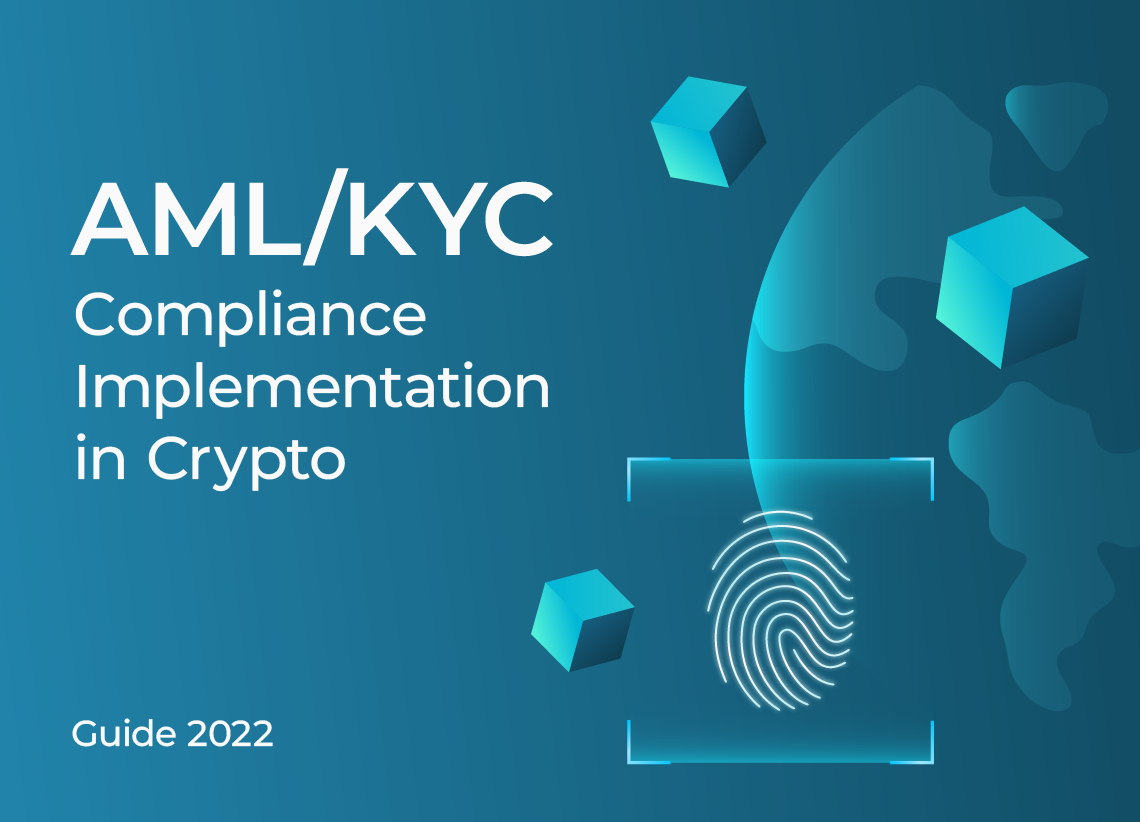
Regulatory Compliance: These attestations provide cryptographically verifiable proof of KYC and AML compliance, helping token sale platforms meet global legal standards and build trust with regulators. View compliance solutions at Blockshark
-
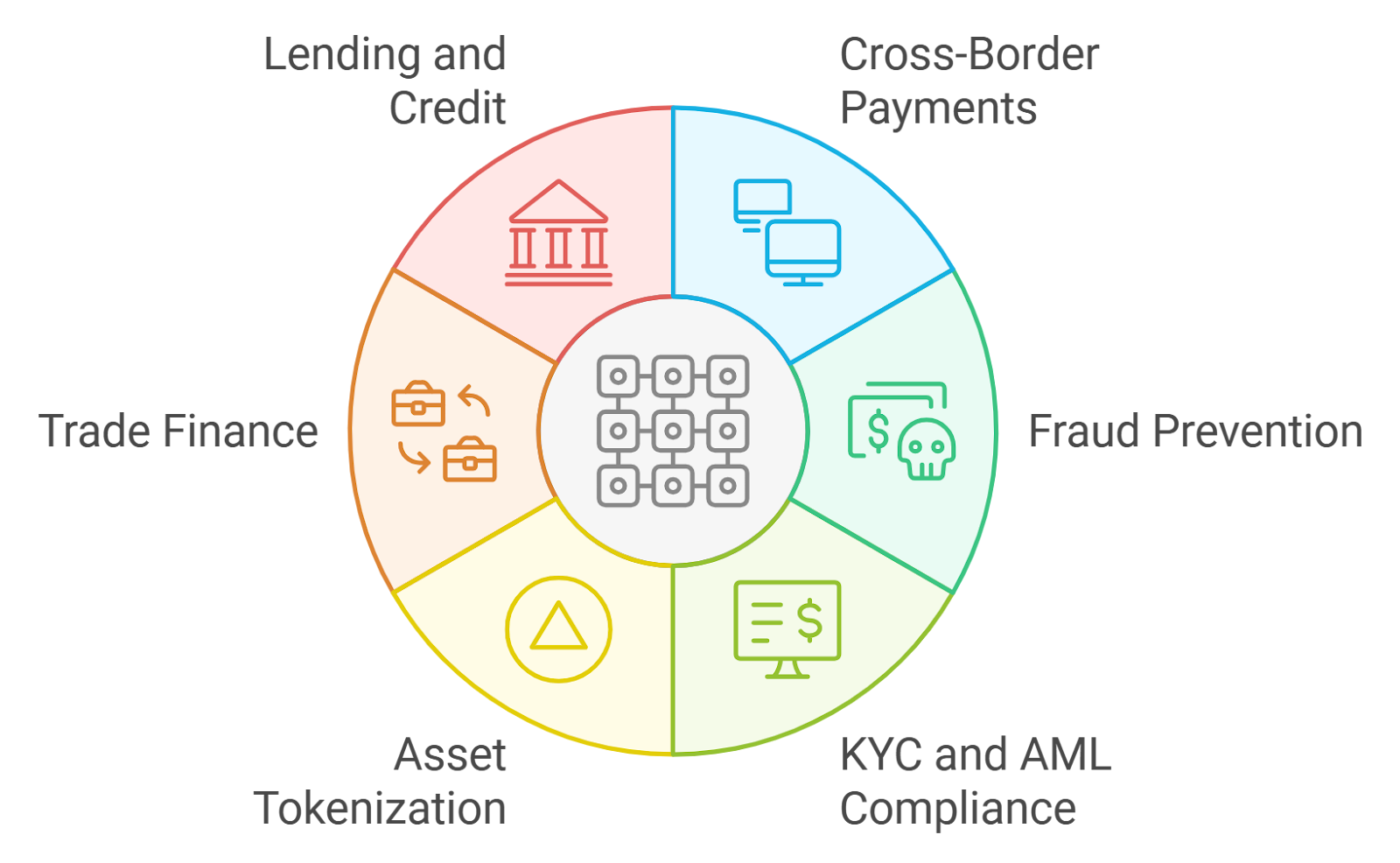
Operational Efficiency: Automating KYC verification with onchain attestations streamlines onboarding, reduces manual workloads, and cuts operational costs for token sale organizers. Explore Attest Protocol
-
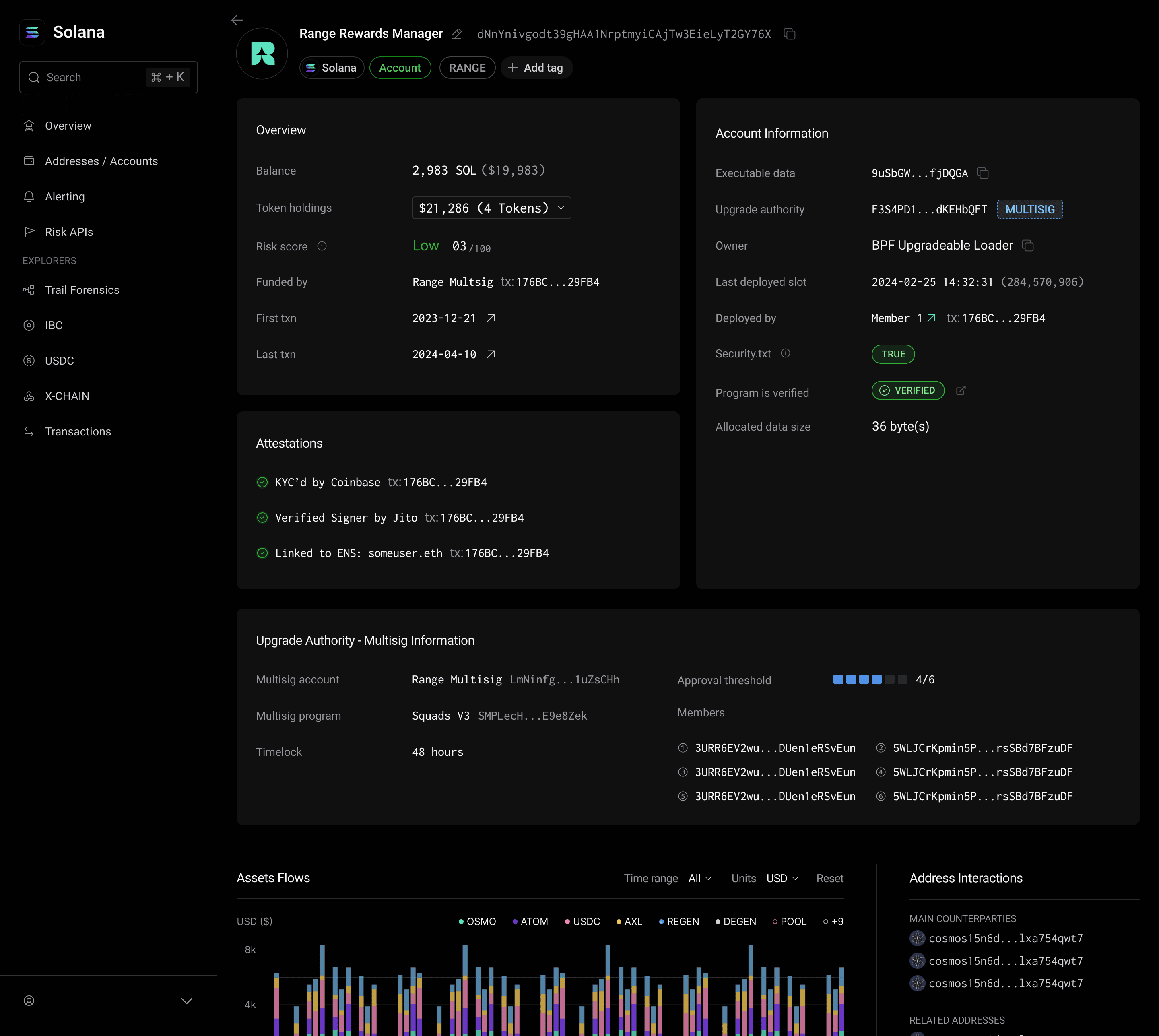
Enhanced Security and Trust: By recording attestations immutably on the blockchain, platforms ensure tamper-proof verification, boosting user trust and reducing the risk of identity fraud. Discover zkMe’s privacy-preserving attestations
Interoperability is another major breakthrough. Once a user’s address receives an attestation confirming their verified status (for example, as a real human or compliant investor), that credential can be reused across multiple token sales and DeFi applications. This eliminates repetitive verification processes and supports composability across the Web3 stack.
Operational efficiency is equally significant. Manual KYC checks are labor-intensive and prone to error; by automating verification through smart contracts and attestations, projects reduce costs while accelerating onboarding timelines. Platforms like Attest Protocol have made it possible to issue schema-based credentials directly on-chain, no custom smart contract development required.
Real-World Implementations in the Decentralized Ecosystem
The market is already seeing robust adoption of these decentralized KYC solutions:
- Blockpass: Their On-Chain KYC® 2.0 solution allows businesses to issue reusable digital identities via onchain attestations, no sensitive data ever touches the project’s servers.
- zkMe: Zero-knowledge proof technology powers privacy-first compliance for token sales and allowlists.
- Attest Protocol: Enables developers to craft verifiable credentials without deploying custom contracts, lowering barriers for smaller teams.
This ecosystem approach not only meets regulatory demands but also fosters trust among users wary of centralized data honeypots.
As the regulatory landscape continues to evolve, token issuers and platform operators are under pressure to demonstrate compliance while preserving the decentralized ethos of Web3. Onchain attestations for KYC have emerged as a foundational layer, enabling seamless, auditable verification flows that do not compromise user privacy or control. This is particularly relevant as more jurisdictions require robust identity checks for participants in token generation events, IDOs, and gated communities.
By leveraging blockchain-based attestations, projects can instantly verify whether a wallet address belongs to a KYCed individual without ever accessing their sensitive documents. This model not only reduces liability but also empowers users to maintain sovereignty over their digital identities. The result is a frictionless onboarding experience that removes the bottlenecks of traditional compliance workflows.
Decentralized KYC Solutions: Building Trust Without Sacrificing Privacy
The adoption of decentralized KYC solutions has far-reaching implications for both security and scalability. For example, when a user’s address is added to an onchain allowlist after passing KYC checks, smart contracts can enforce participation rules automatically, no manual intervention required. This approach eliminates human error and creates an immutable audit trail for regulators or third-party auditors.
Furthermore, interoperability between attestation protocols means credentials can be recognized across multiple networks and use cases. A verified status on one platform (such as an NFT drop or DeFi protocol) can unlock access elsewhere in the ecosystem without redundant verification steps. This composability is key to scaling compliant participation in Web3 economies.
Top Real-World Use Cases for Onchain Attestations in Web3 Token Sales
-
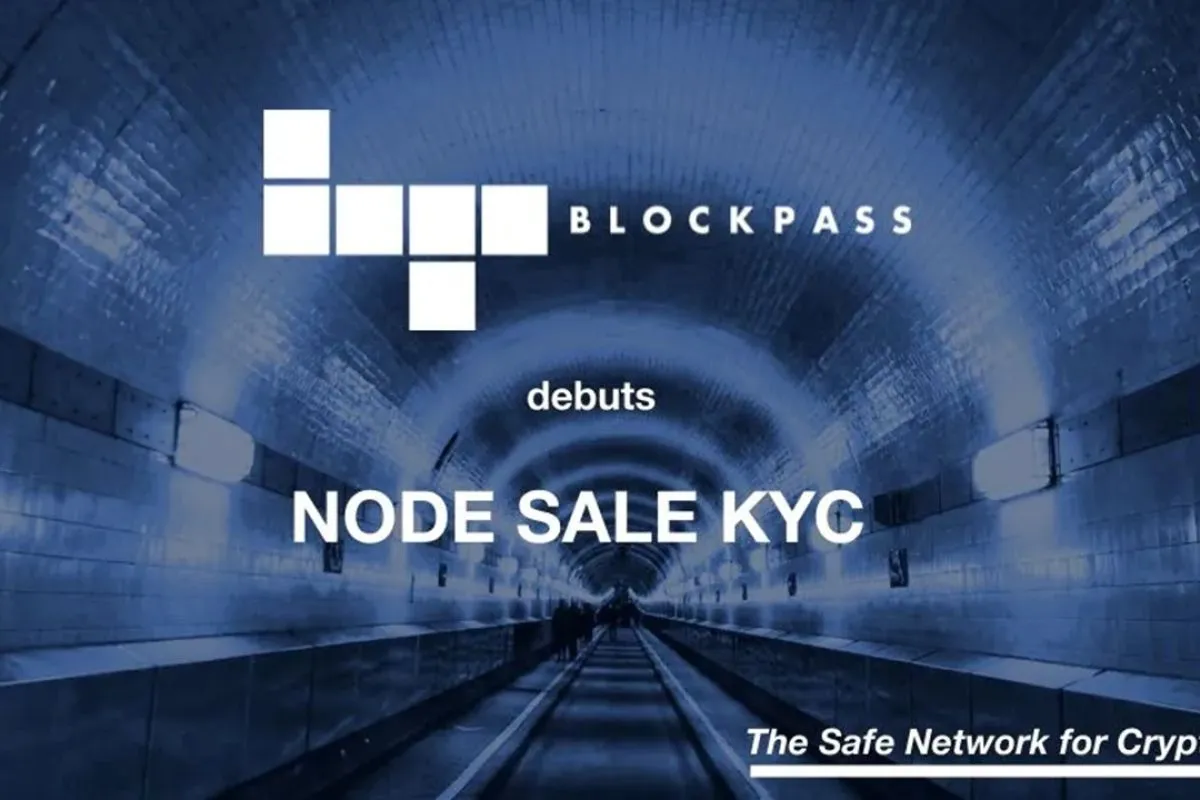
Reusable Digital Identities for Token Sale Participation: Platforms like Blockpass enable users to create verified, reusable digital identities through onchain attestations. This allows individuals to participate in multiple token sales without repeating KYC checks, streamlining onboarding while maintaining compliance.
-
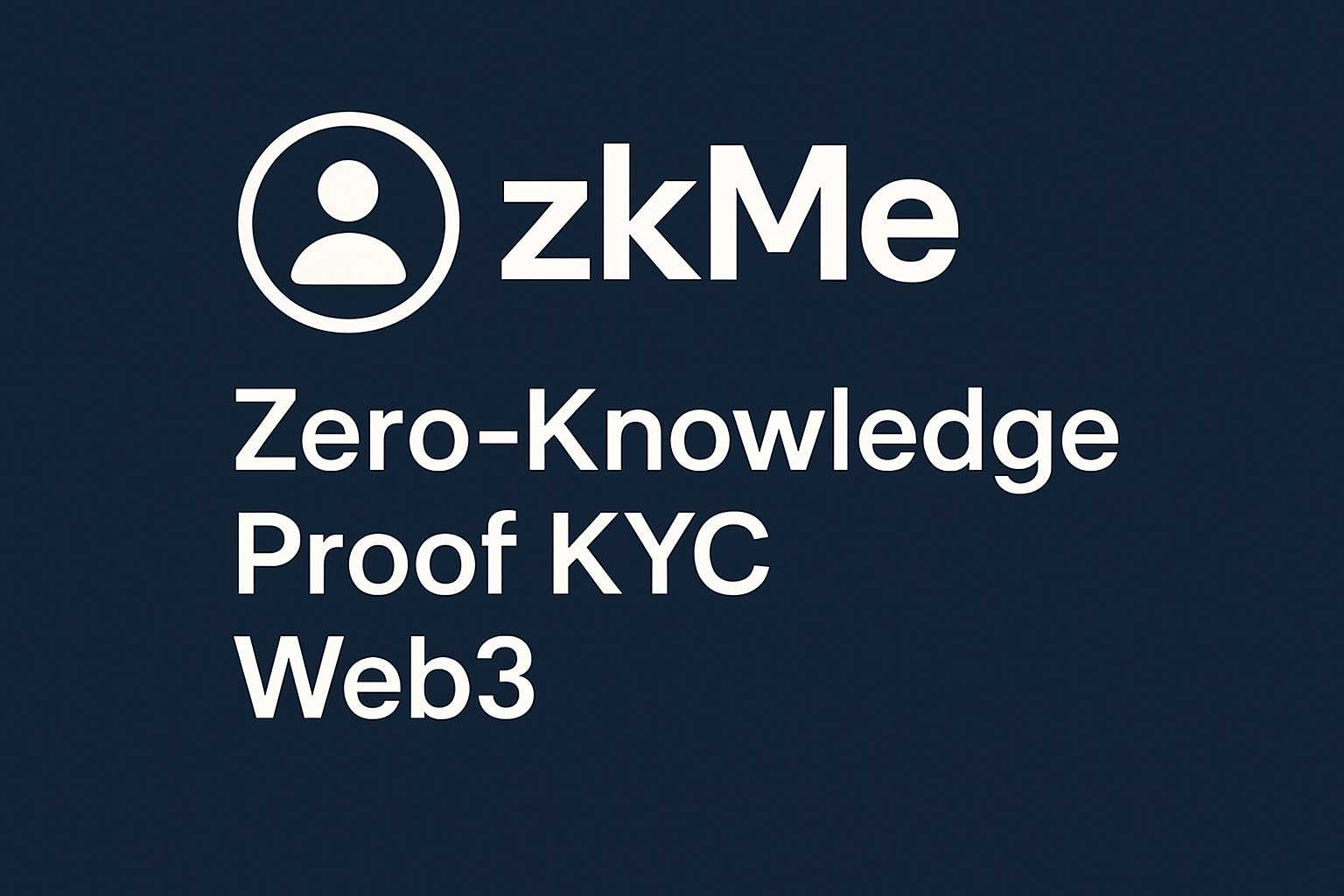
Privacy-Preserving KYC with Zero-Knowledge Proofs: Solutions such as zkMe use zero-knowledge proofs to let users prove KYC compliance without exposing personal data. This approach enhances privacy for token buyers while satisfying regulatory requirements.
-
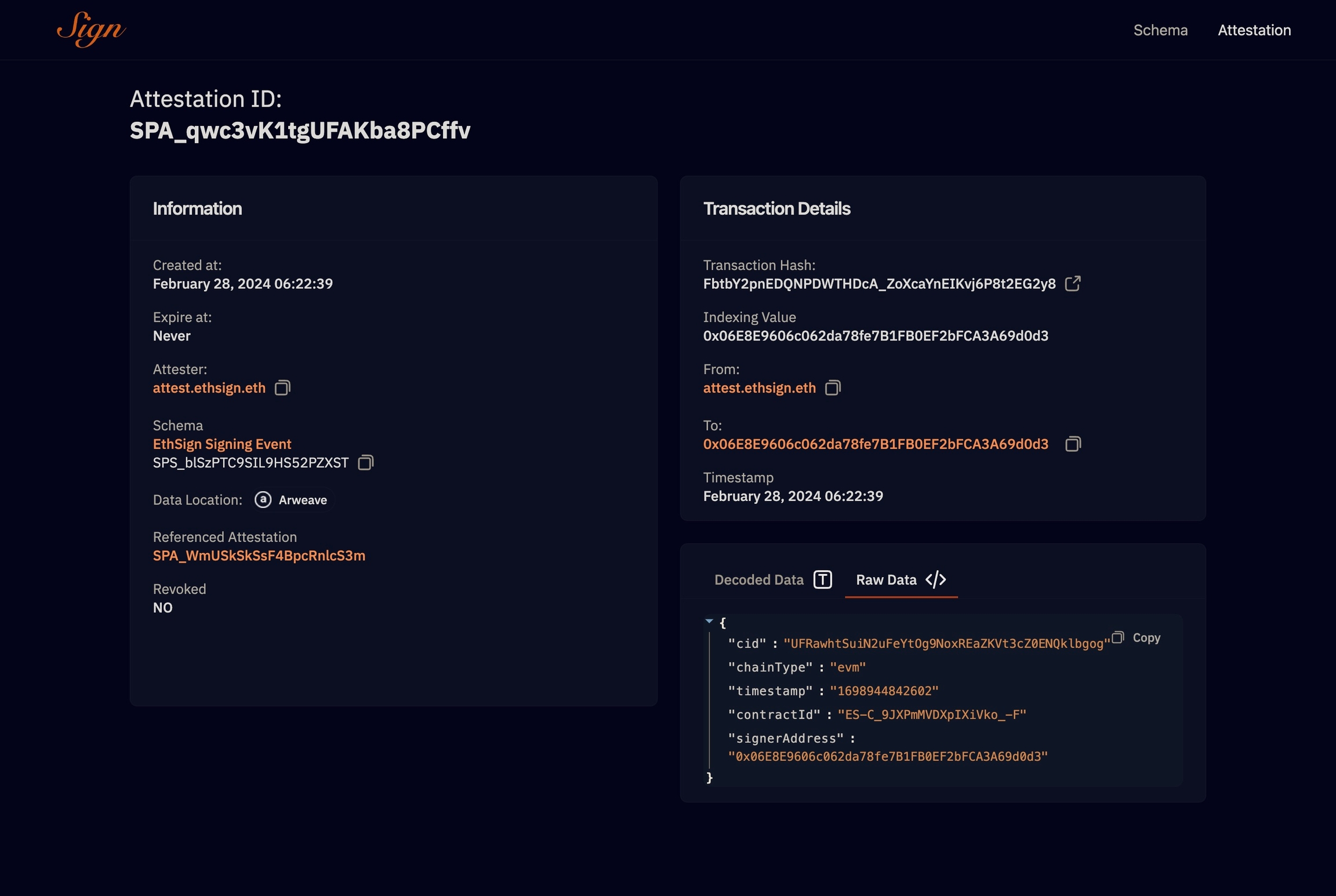
Automated Regulatory Compliance for Token Launches: Platforms like Attest Protocol provide schema-based onchain attestation infrastructure, automating the verification of KYC and AML compliance for token sales. This reduces manual review, accelerates onboarding, and ensures adherence to legal standards.
-
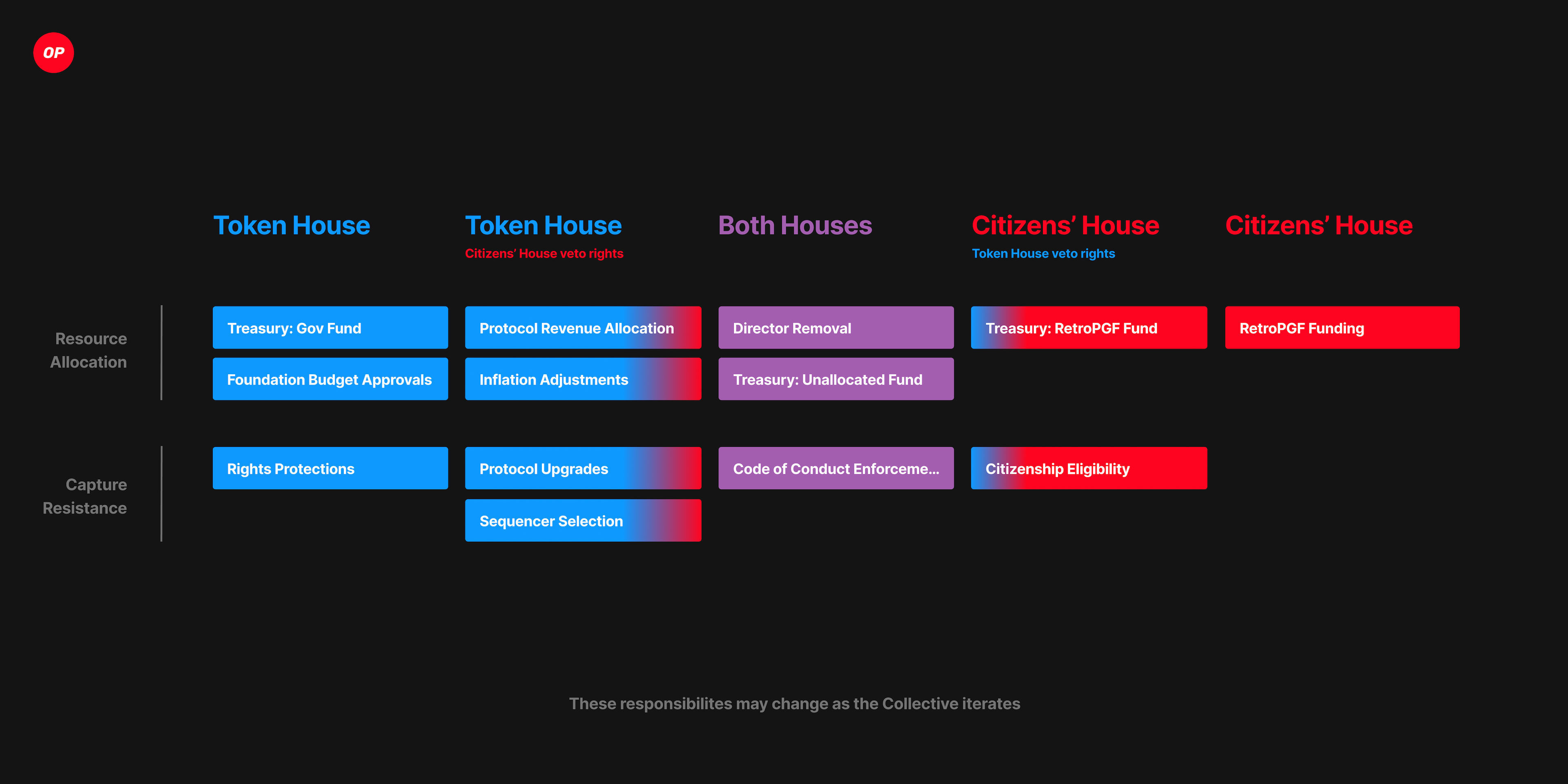
Dynamic Allowlist Management for Token Sale Contracts: Many token sale smart contracts now use onchain attestations to maintain dynamic allowlists. Verified users are automatically added to these lists, enabling only compliant participants to access token sales and reducing the risk of regulatory breaches.
Privacy-preserving attestations also align with global data protection standards like GDPR and CCPA, reducing exposure to costly breaches or non-compliance penalties. Because no raw personal data is stored on-chain, only cryptographic proofs, projects can assure users that their information remains confidential while still meeting legal obligations.
The Future of Token Sale Identity Verification
The next generation of token launches will be defined by how well platforms balance compliance with user-centric design. Onchain attestations offer a blueprint for this future: interoperable credentials, instant verification, and zero-knowledge privacy controls all working together to support secure digital economies.
As more projects integrate these solutions and standards mature around verifiable credentials, we can expect increased trust from both users and regulators, a crucial step toward mainstream adoption of blockchain-based finance. The momentum behind initiatives like Blockpass’s On-Chain KYC® 2.0 and Attest Protocol signals that decentralized identity is not only possible but practical at scale.
For deeper insights into how these innovations are shaping compliance in the Web3 era, and practical guidance on implementation, see our dedicated resource at How Onchain Attestations Enhance KYC Compliance for Web3 Token Sales.







